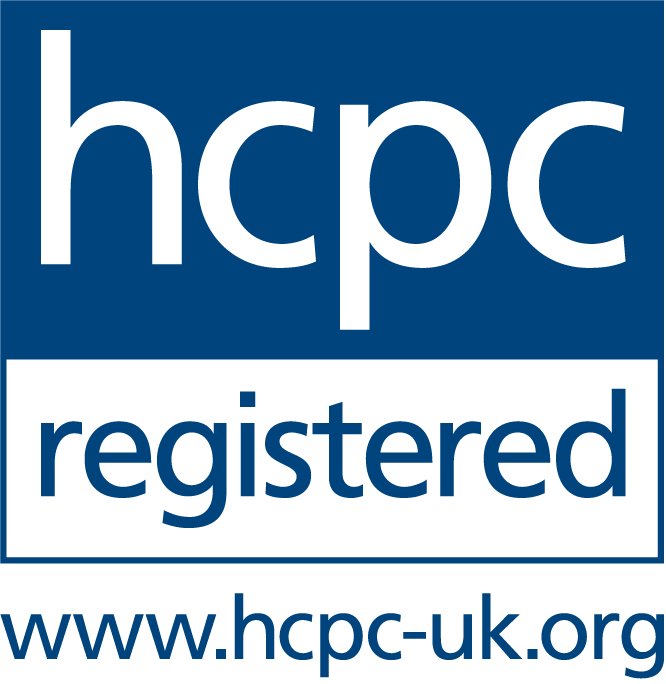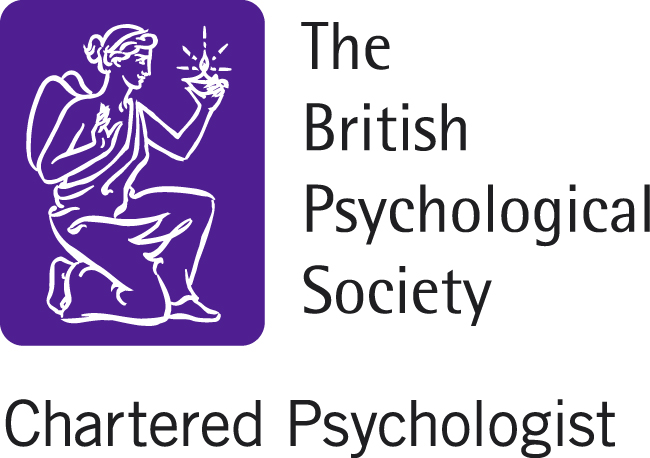Eye Movement Desensitisation and Reprocessing (EMDR)
What is EMDR?
EMDR stands for Eye Movement Desensitisation and Reprocessing. It is best known for treating difficulties resulting from traumatic experiences, but can help a wide range of mental health difficulties including anxiety, phobias and depression.
EMDR helps the brain to reprocess traumatic memories, reducing the impact of them on day to day emotional well-being.
It is endorsed by the National Institute for Health and Care Excellence (NICE), the World Health Organisation (WHO), the NHS and lots of other bodies.

How does EMDR work?
When we experience a traumatic event or events, the memory of this can become “stuck”. This results in memories intruding into awareness when not wanted, emotional distress and unpleasant physical symptoms. EMDR helps the brain to reprocess the memory and desensitises the person to the emotional impact of it, so that they are able to think about the event without having such an intense reaction.
What does EMDR involve?
EMDR begins by us working together to develop a clear picture of your current difficulties and identifying the memories which may be linked to these. You are then supported to develop strategies for coping with unpleasant feelings and to develop ways to gain a sense of safeness. Once those things are in place and we have practiced them together, we move into “reprocessing”. This involves you recalling the traumatic incident whilst experiencing bilateral stimulation - this might be visually through being cued to move your eyes side to side, hearing sounds in alternate ears or repeatedly tapping one side of your body then the other. It is thought that this effect is similar to what happens naturally during REM sleep.
How many sessions will I need?
This depends on your needs and the complexity of the trauma you have experienced. Once we have completed an initial assessment, we will discuss a plan for treatment.
Each EMDR session is 1.5 hours long and can be held weekly or fortnightly.





